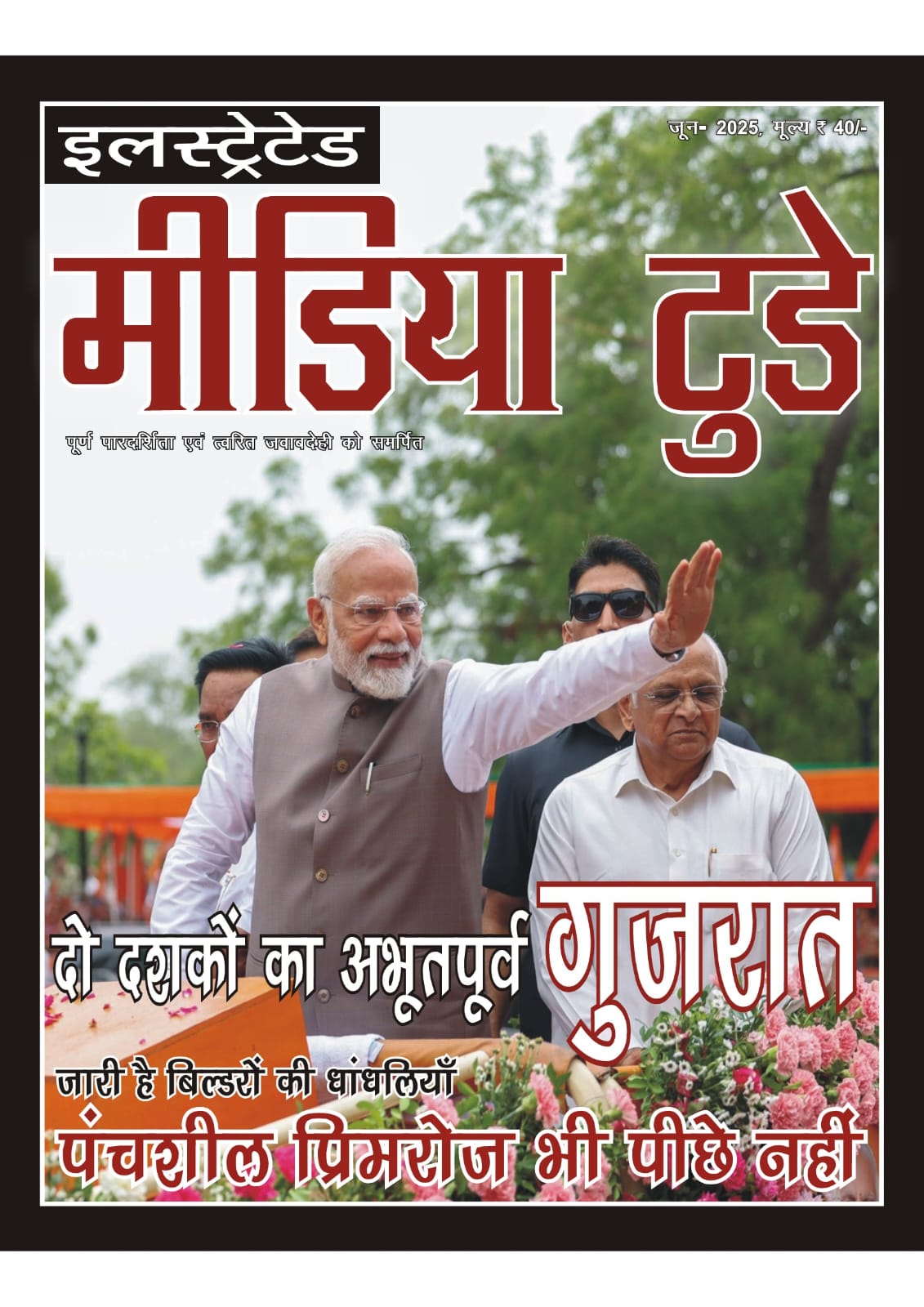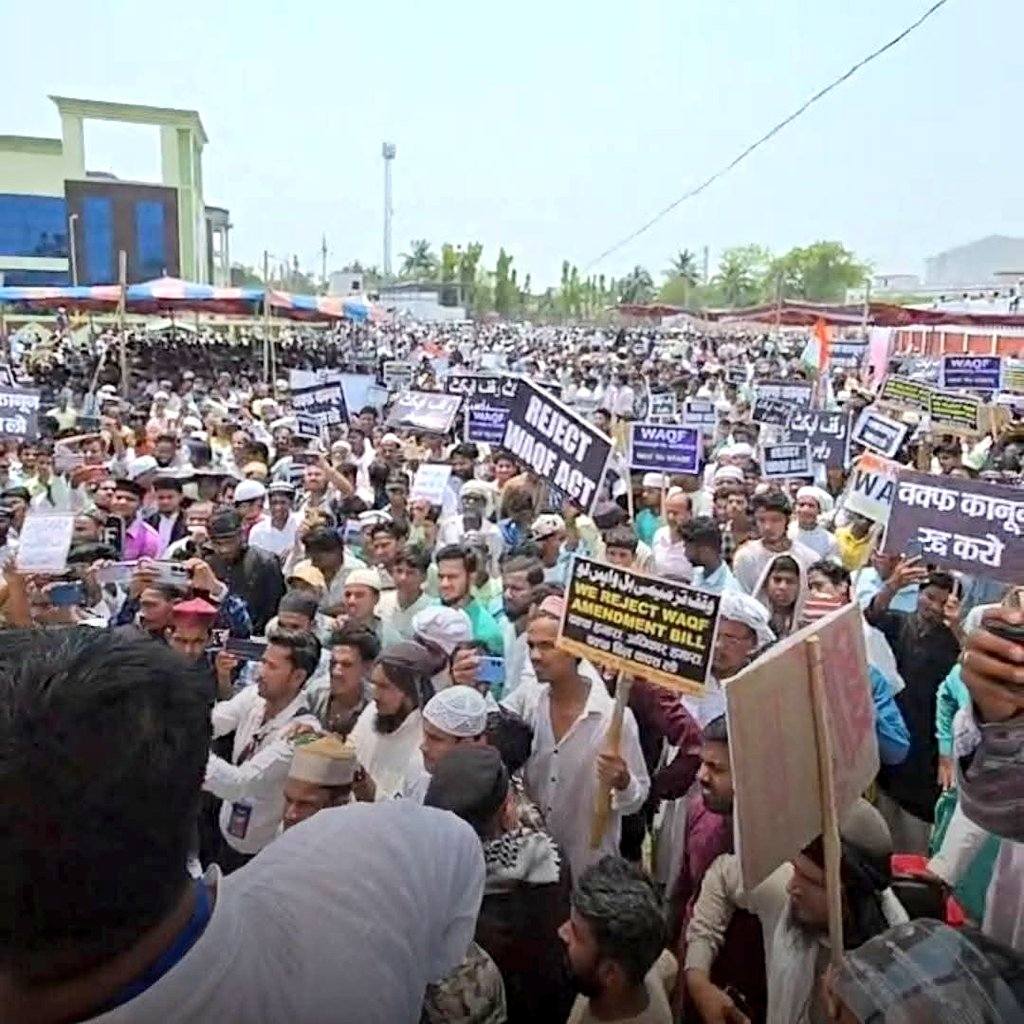Darbhanga, Bihar | April 12, 2025 —
In a significant show of unity and peaceful resistance, thousands of citizens gathered today in Darbhanga to participate in a massive silent protest march against the controversial Waqf Amendment Bill. The march, which was organized by local community leaders, scholars, and social activists, drew people from all walks of life, including religious leaders, students, professionals, and members of various civil society organizations.
The protest was held in a completely peaceful and disciplined manner, reflecting the deep discontent and concern of the people regarding the provisions of the recently proposed amendment to the Waqf Act. Protesters marched in silence, holding placards that read “Withdraw the Black Law,” “Save Waqf Properties,” and “We Stand for Justice.” The atmosphere was solemn, marked by a strong sense of unity, purpose, and resistance.
Concerns Over the Amendment Bill
Speakers at the end of the march addressed the gathering and elaborated on the key concerns surrounding the Waqf Amendment Bill. They claimed that the proposed changes would centralize control over Waqf properties, dilute the community’s role in their management, and possibly lead to the alienation of centuries-old endowments that were meant to benefit the poor, the needy, and religious institutions.
“The Bill is not just an attack on Waqf properties, it’s an assault on our constitutional rights,” said Maulana Rizwan Qasmi, a prominent scholar and one of the leading voices at the protest. “If passed, this law will open the doors for bureaucratic interference, reduce transparency, and completely sideline the community's voice.”
Many legal experts have also criticized the Bill for being drafted without adequate consultation with stakeholders. According to them, it violates the spirit of autonomy and protection that Waqf institutions have enjoyed for decades.
Unity and Participation
What made the protest particularly remarkable was the diversity of participation. Men, women, youth, and elderly people walked side by side, not as members of different sects or organizations, but as a unified front demanding justice. Leaders from various religious backgrounds also expressed solidarity with the cause, calling for a broader movement to protect the rights of all minority institutions.
Local administration ensured security and traffic management throughout the route of the march. Despite the large turnout, no untoward incident was reported. Organizers also thanked the administration for their cooperation and urged participants to maintain peace and discipline throughout the ongoing movement.
Demands of the Protesters
At the conclusion of the protest, a memorandum was submitted to the District Magistrate, addressed to the central government, demanding the immediate withdrawal of the Waqf Amendment Bill. The key demands included:
-
Complete rollback of the proposed amendments
-
Formation of an inclusive review committee with representation from religious and community leaders
-
Protection of Waqf properties from encroachment and bureaucratic overreach
-
Assurance of transparency and community involvement in Waqf management
What's Next?
Protest leaders have announced that this was just the beginning of a series of peaceful movements to raise awareness across the country. Plans are underway for similar protests in other districts of Bihar and nationwide solidarity campaigns. Various social media platforms have also seen a surge in support, with hashtags like #SaveWaqf, #WithdrawBlackLaw, and #DarbhangaProtests trending locally.
The people of Darbhanga, through their silent but powerful demonstration, have sent a clear message — that they will stand united in defense of their heritage, rights, and institutions.




